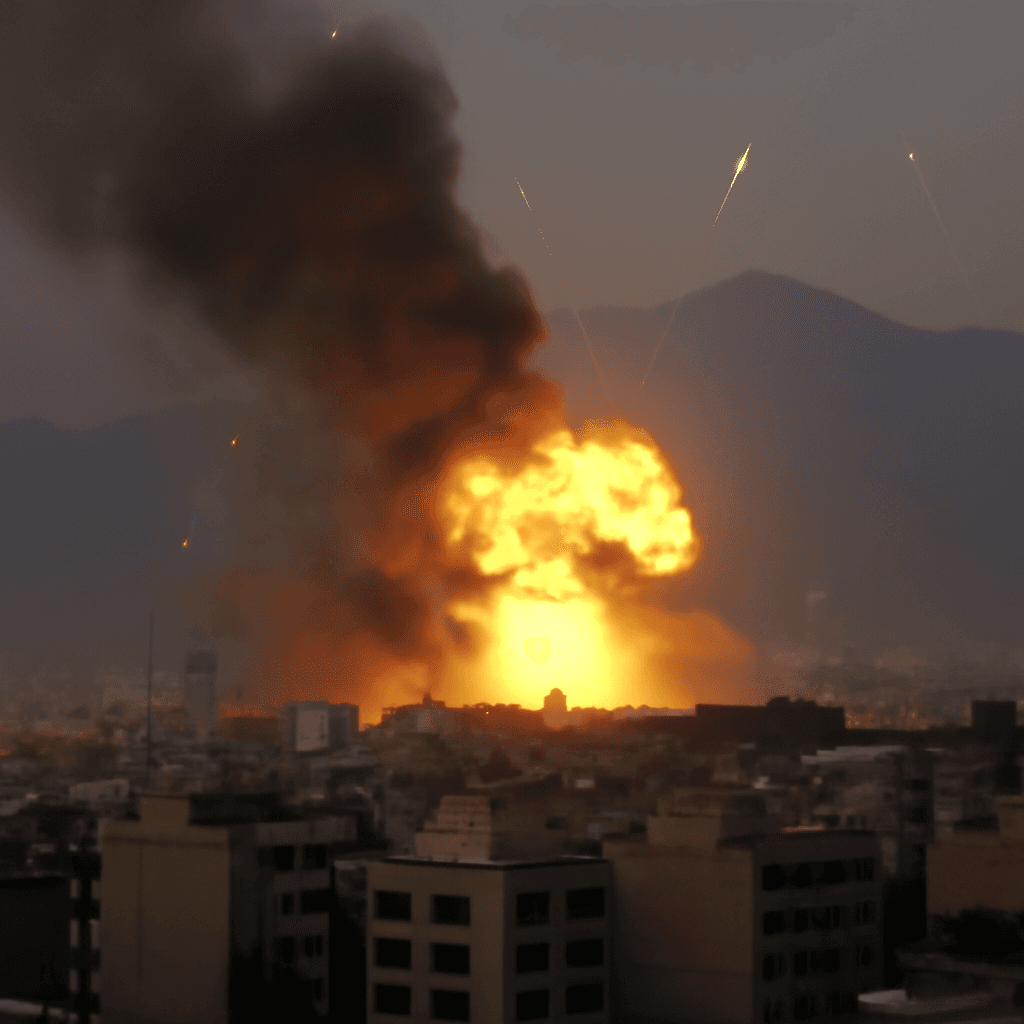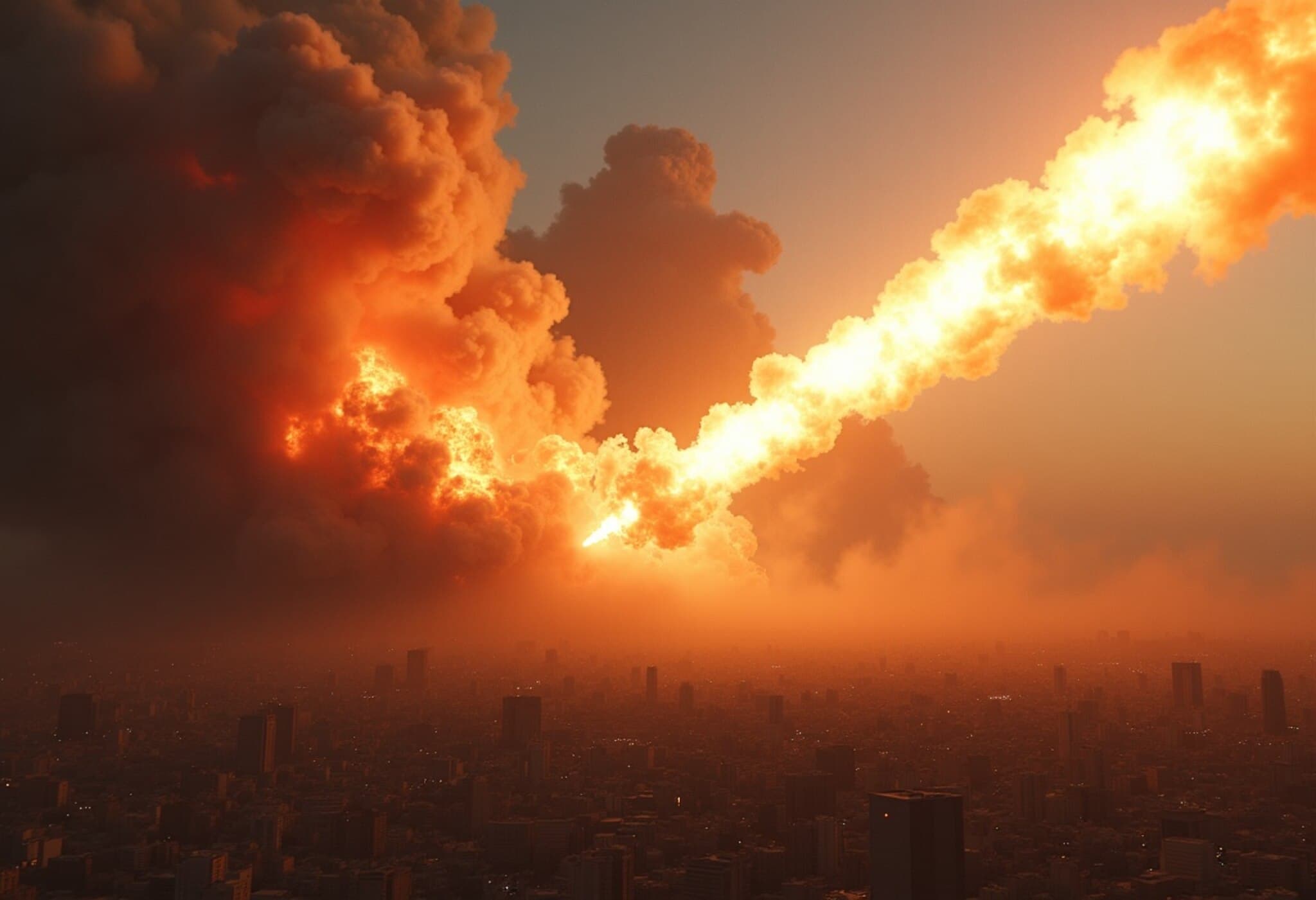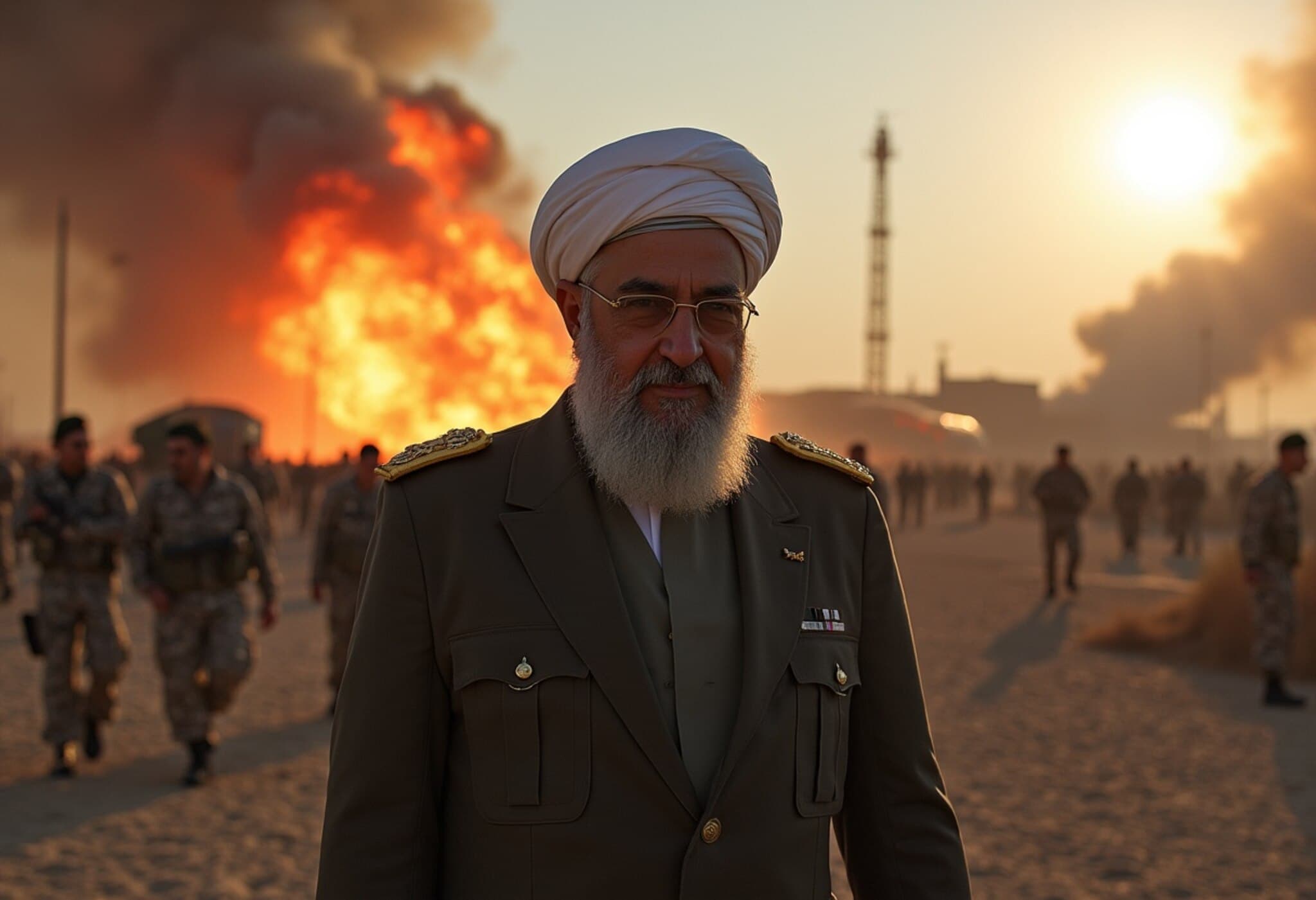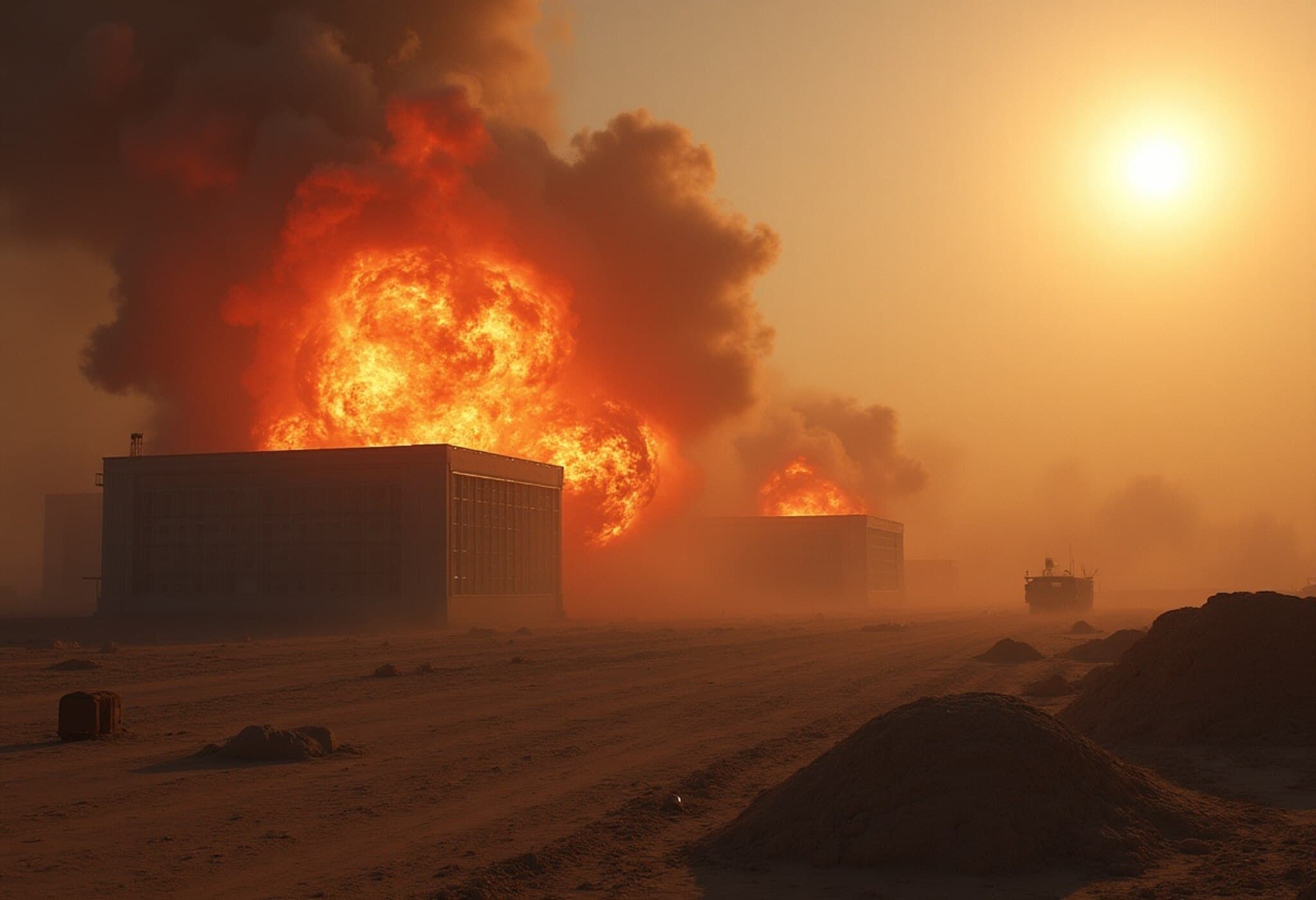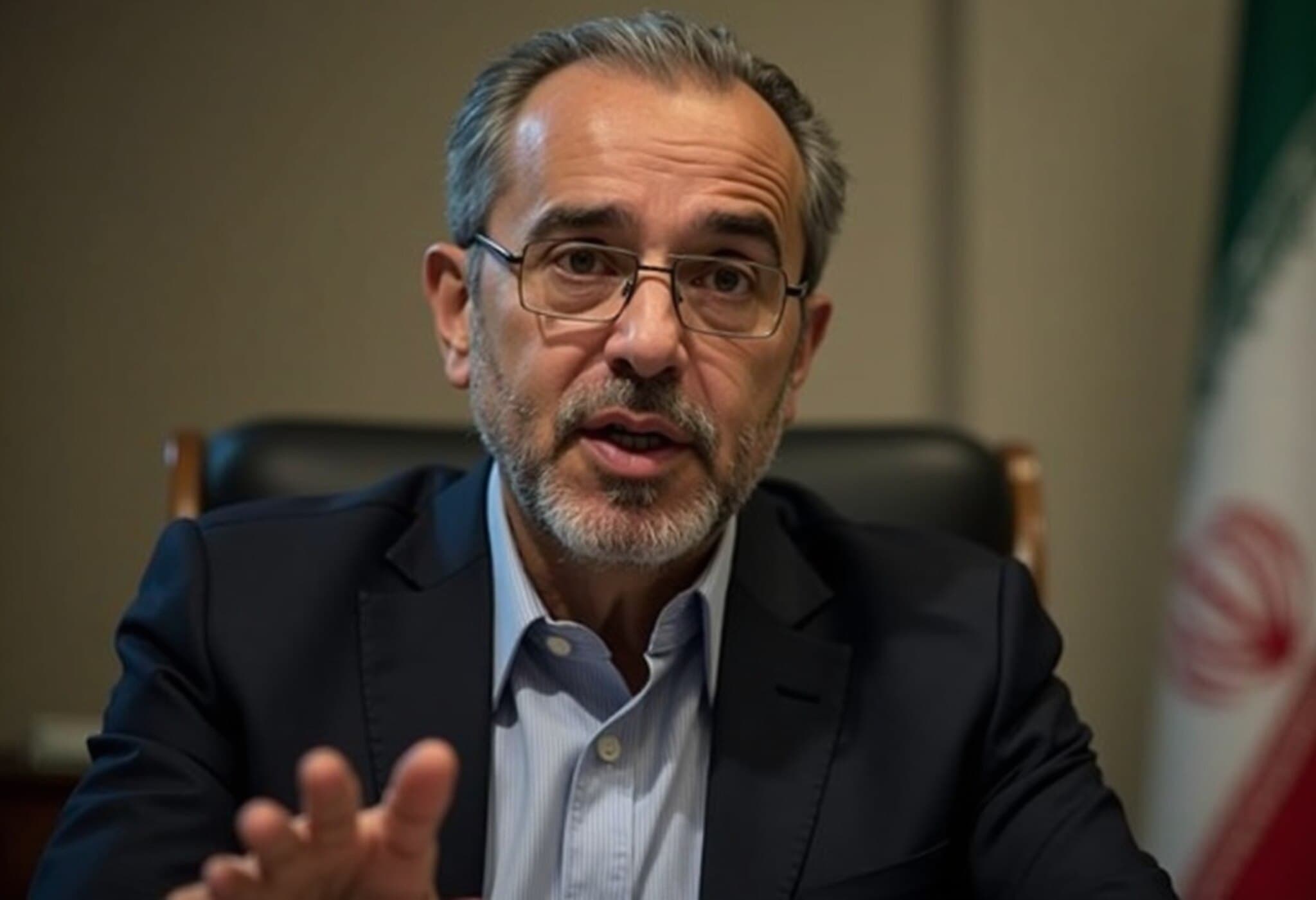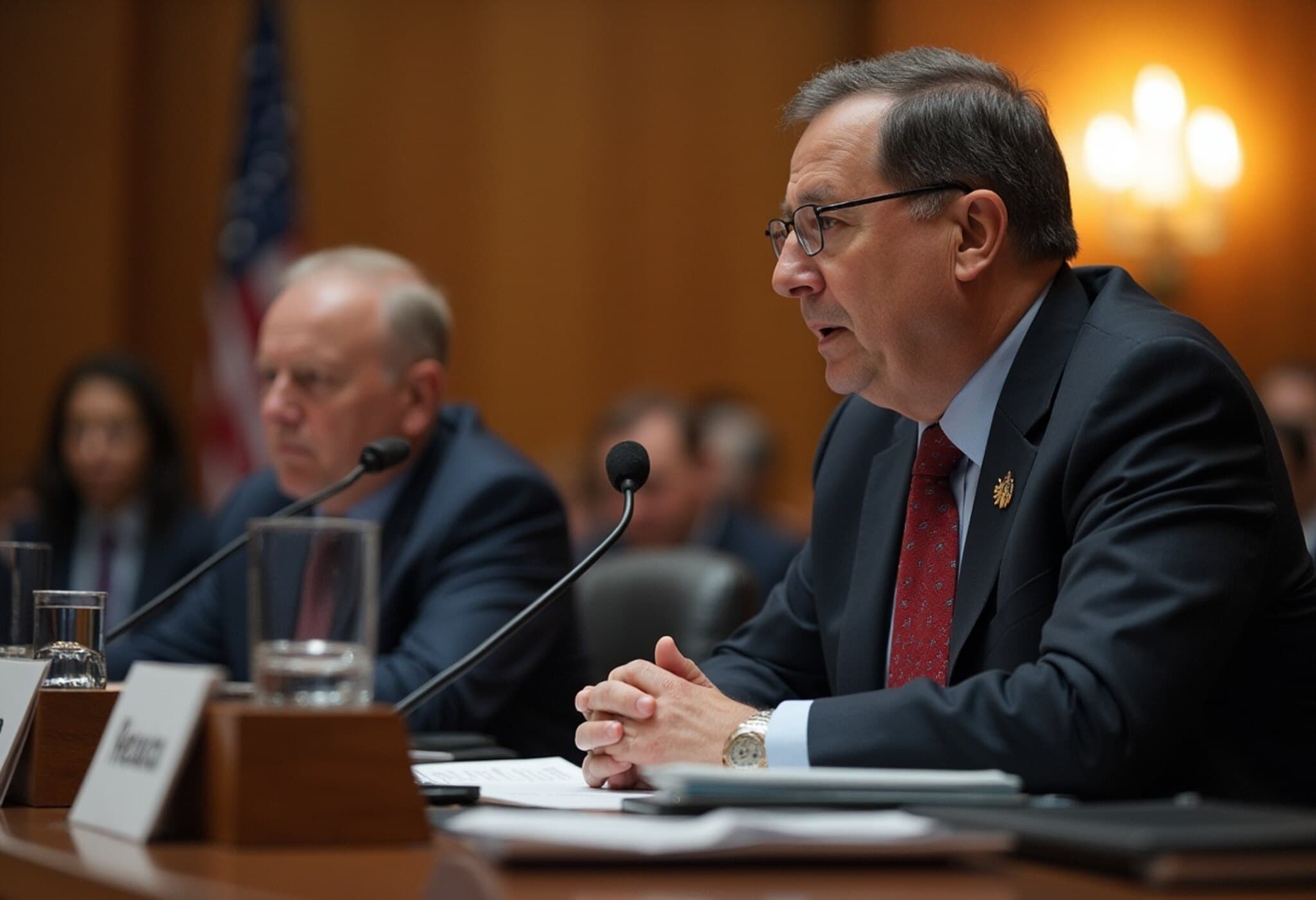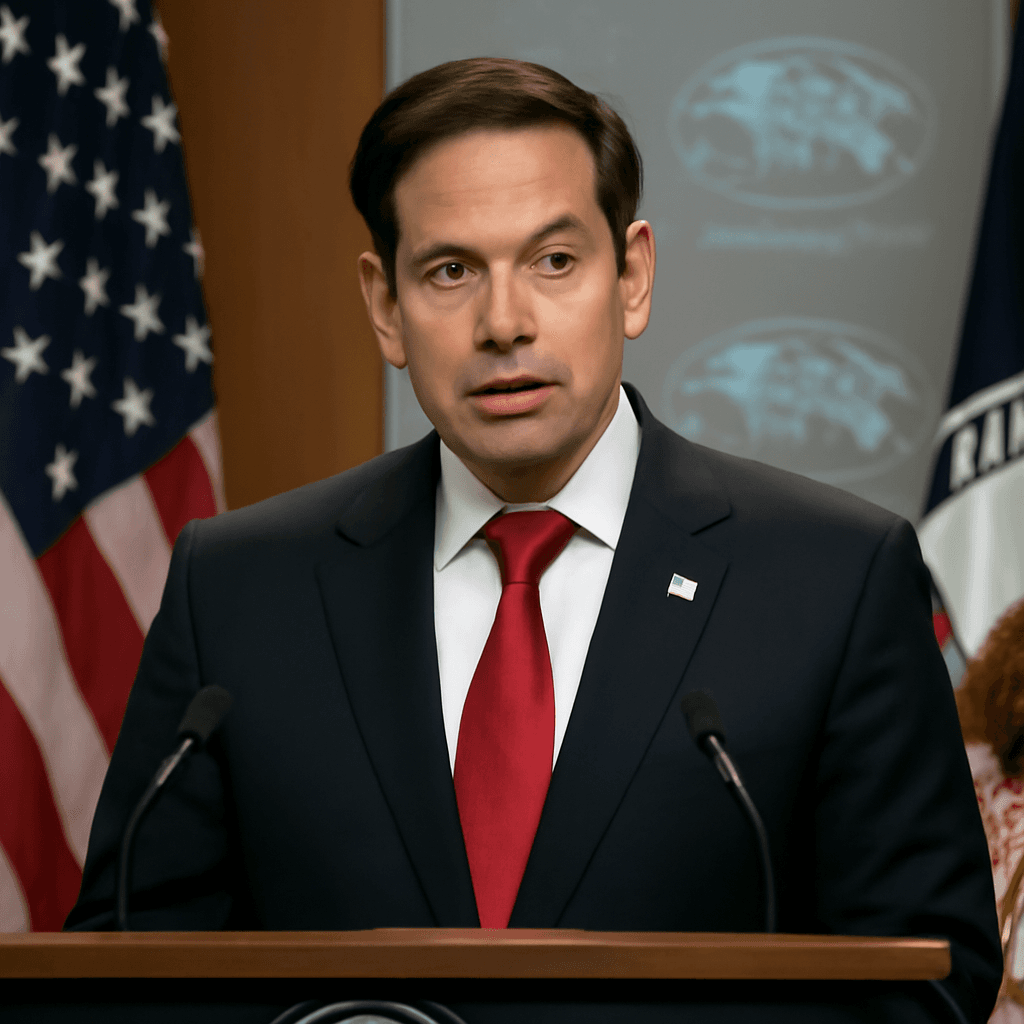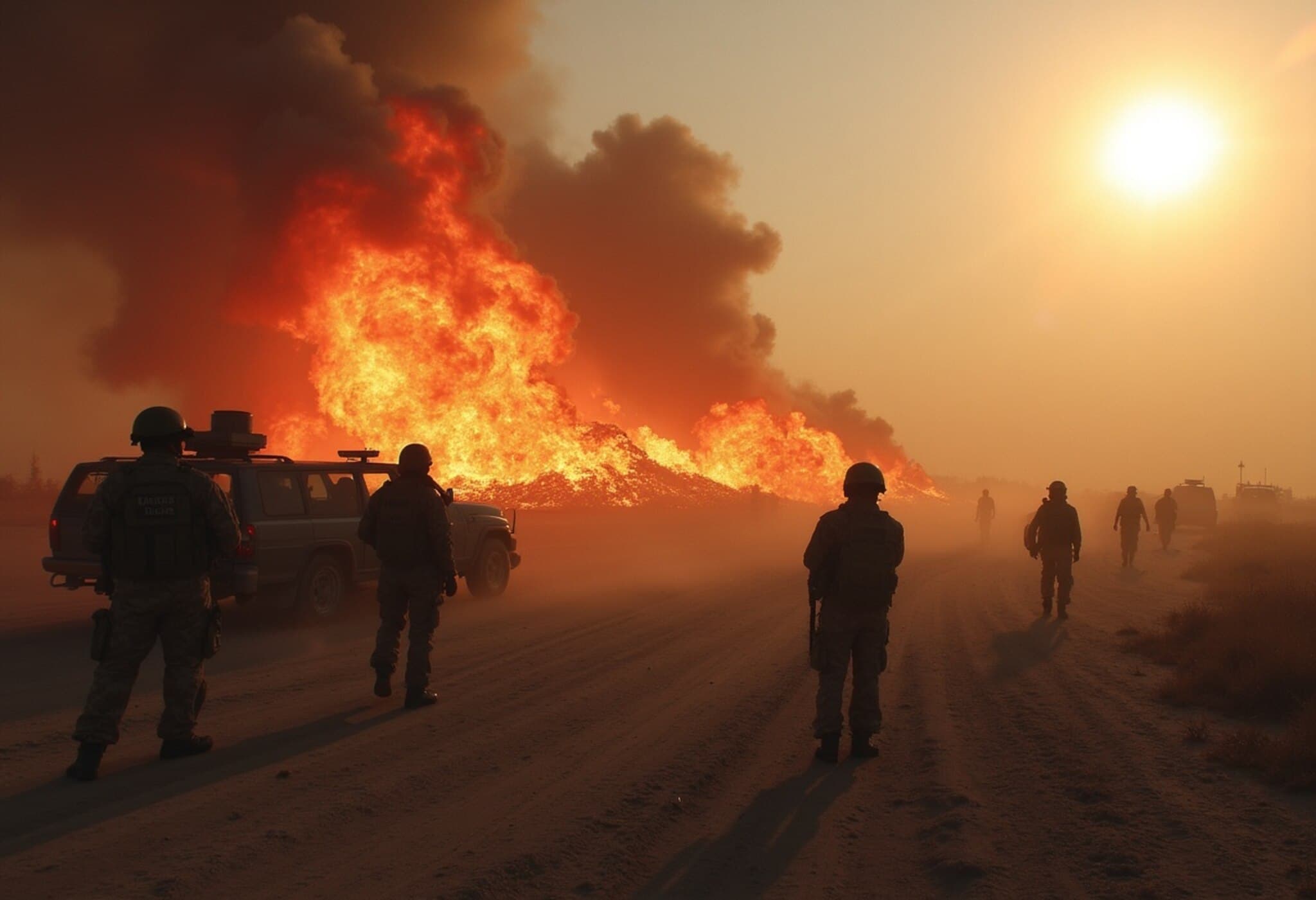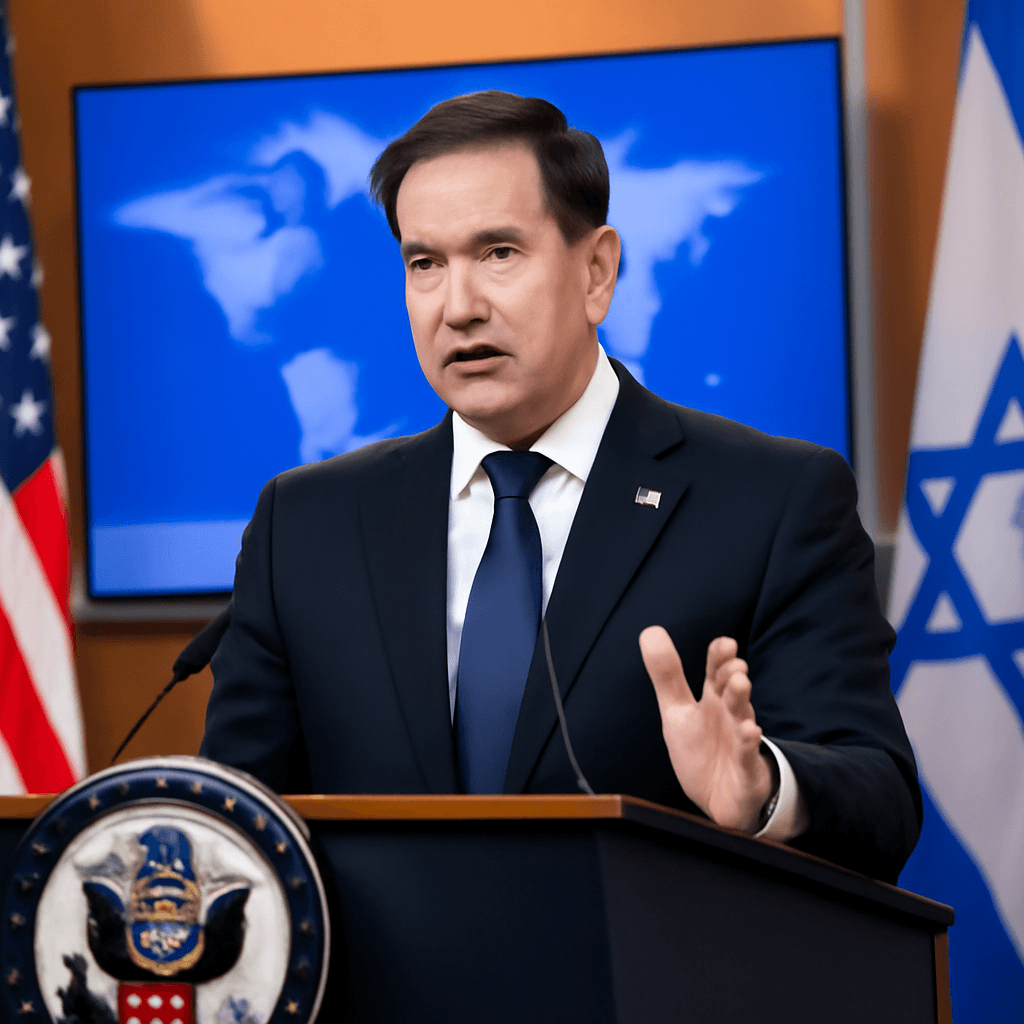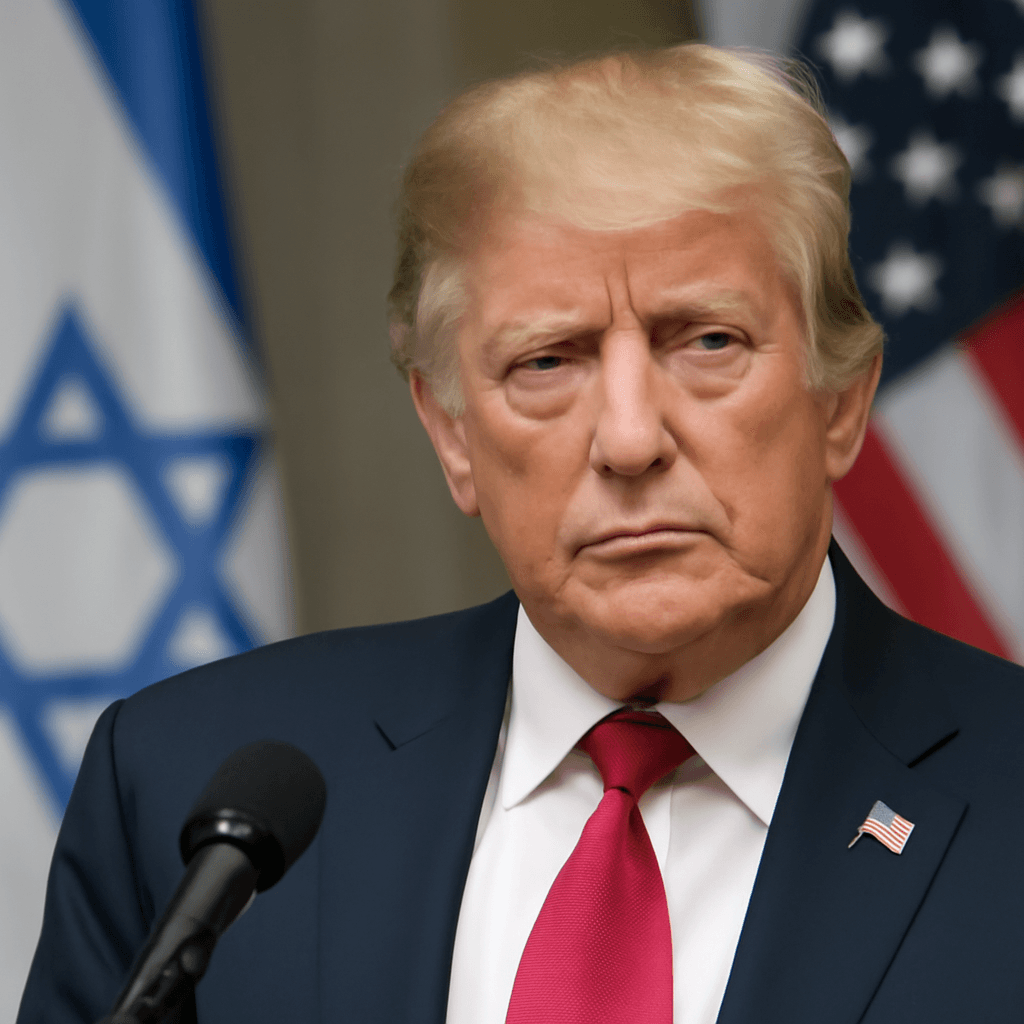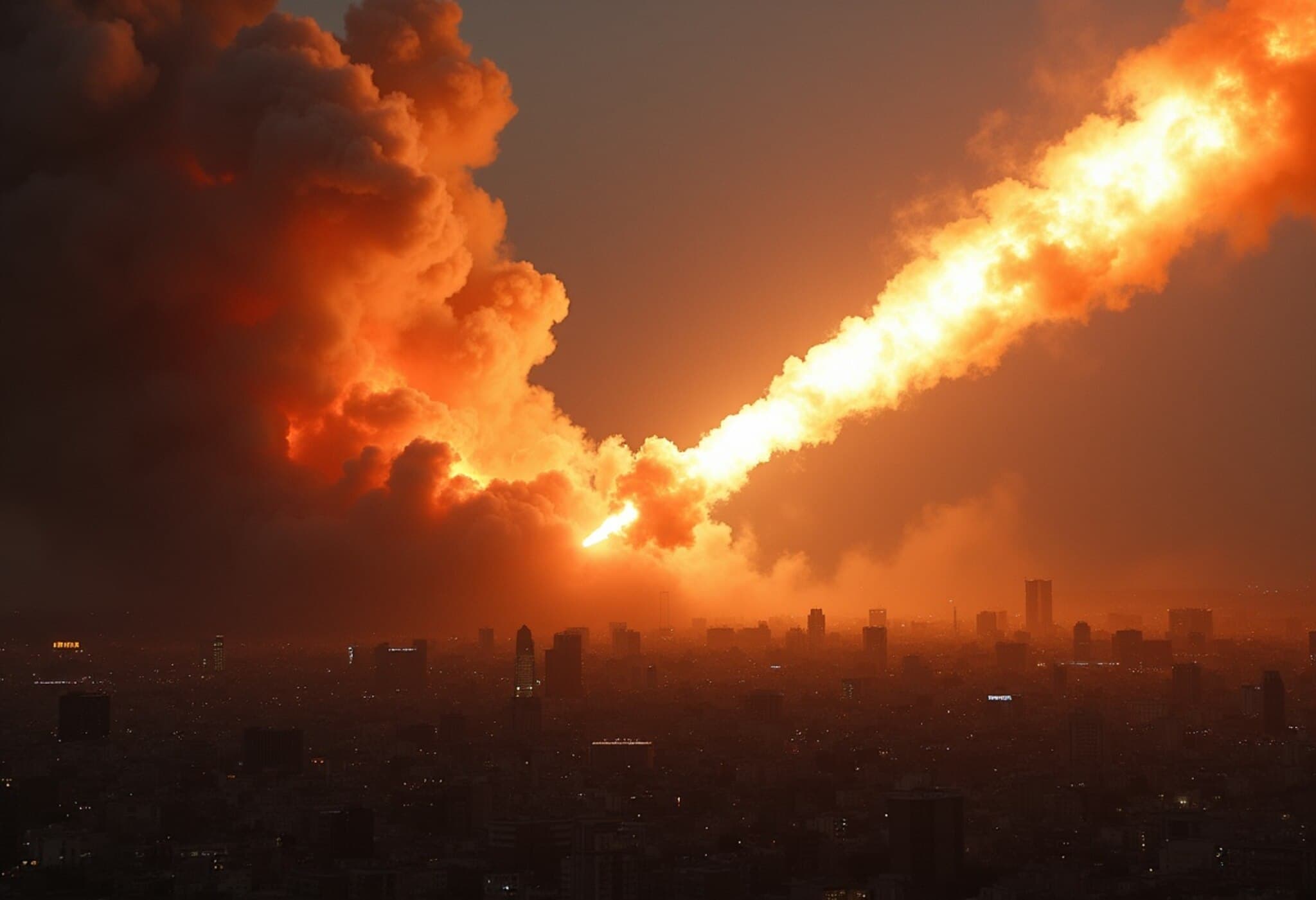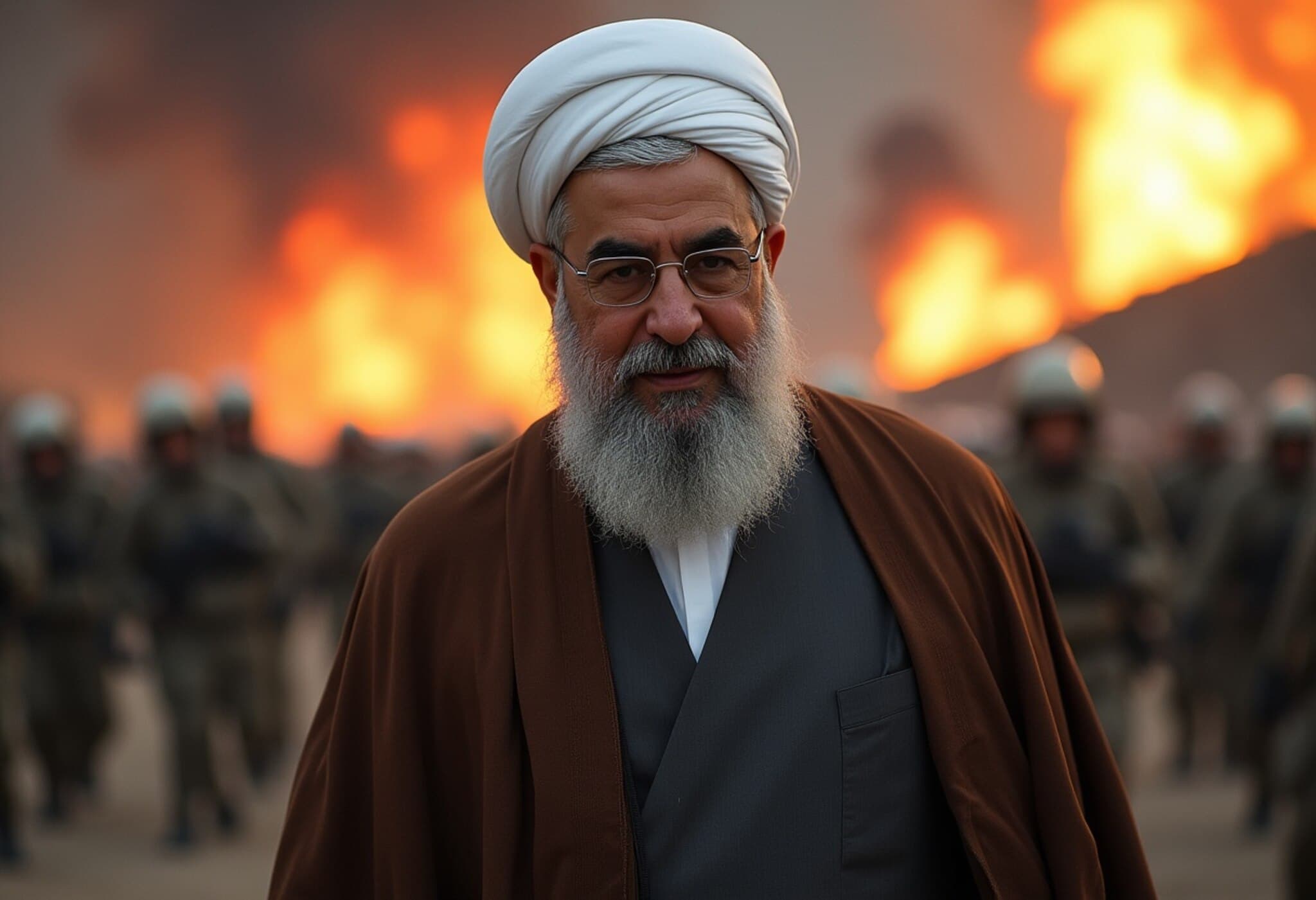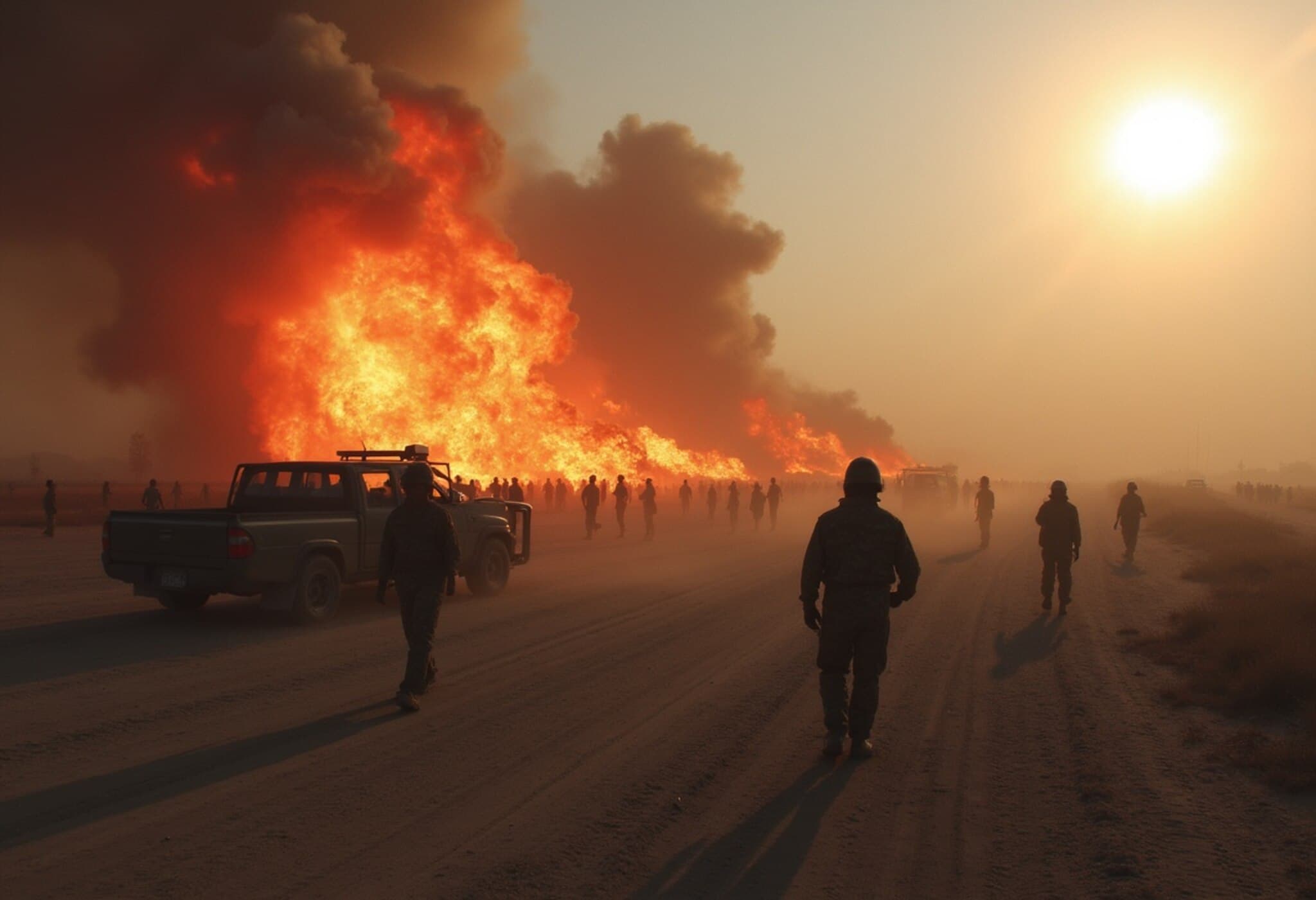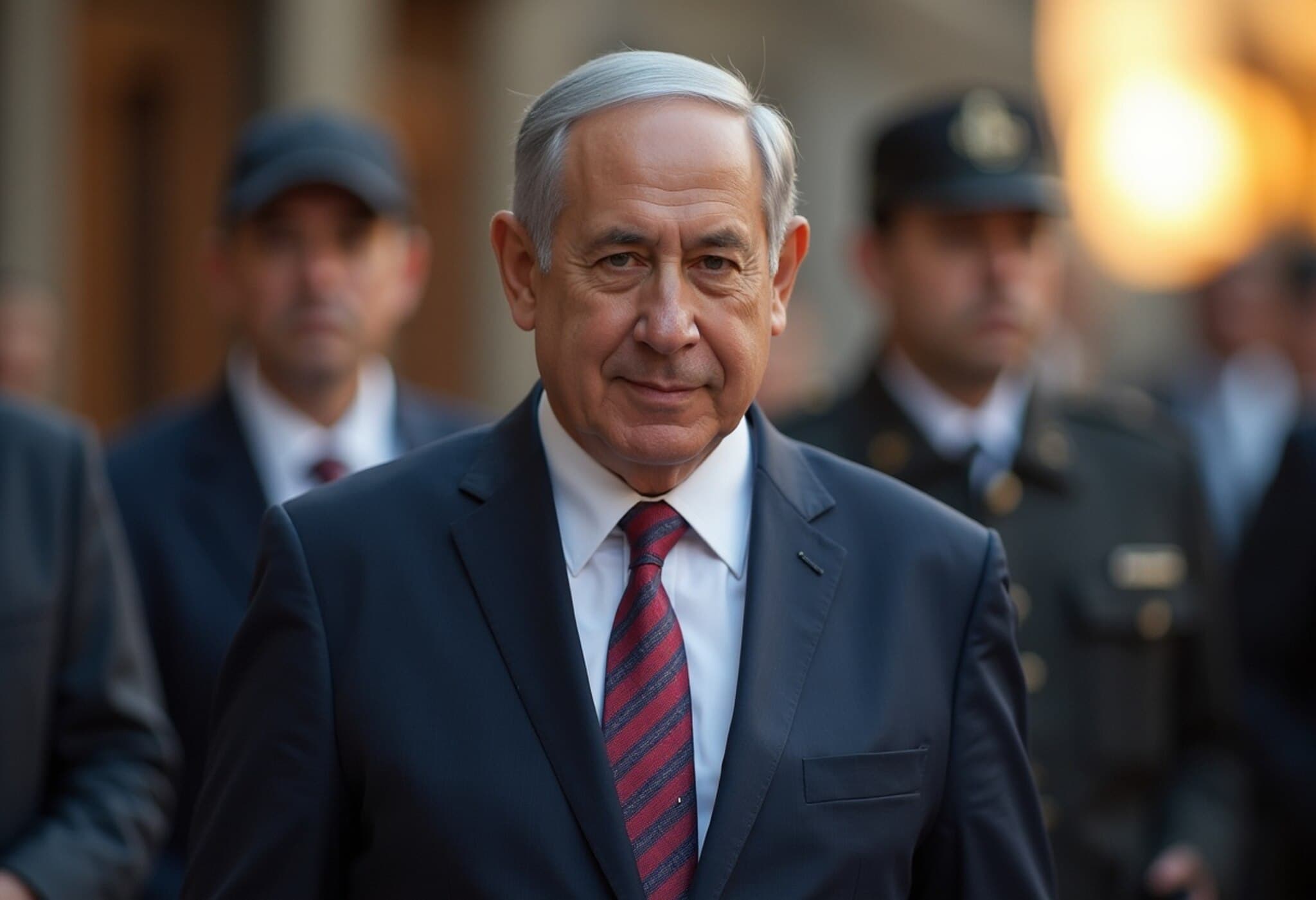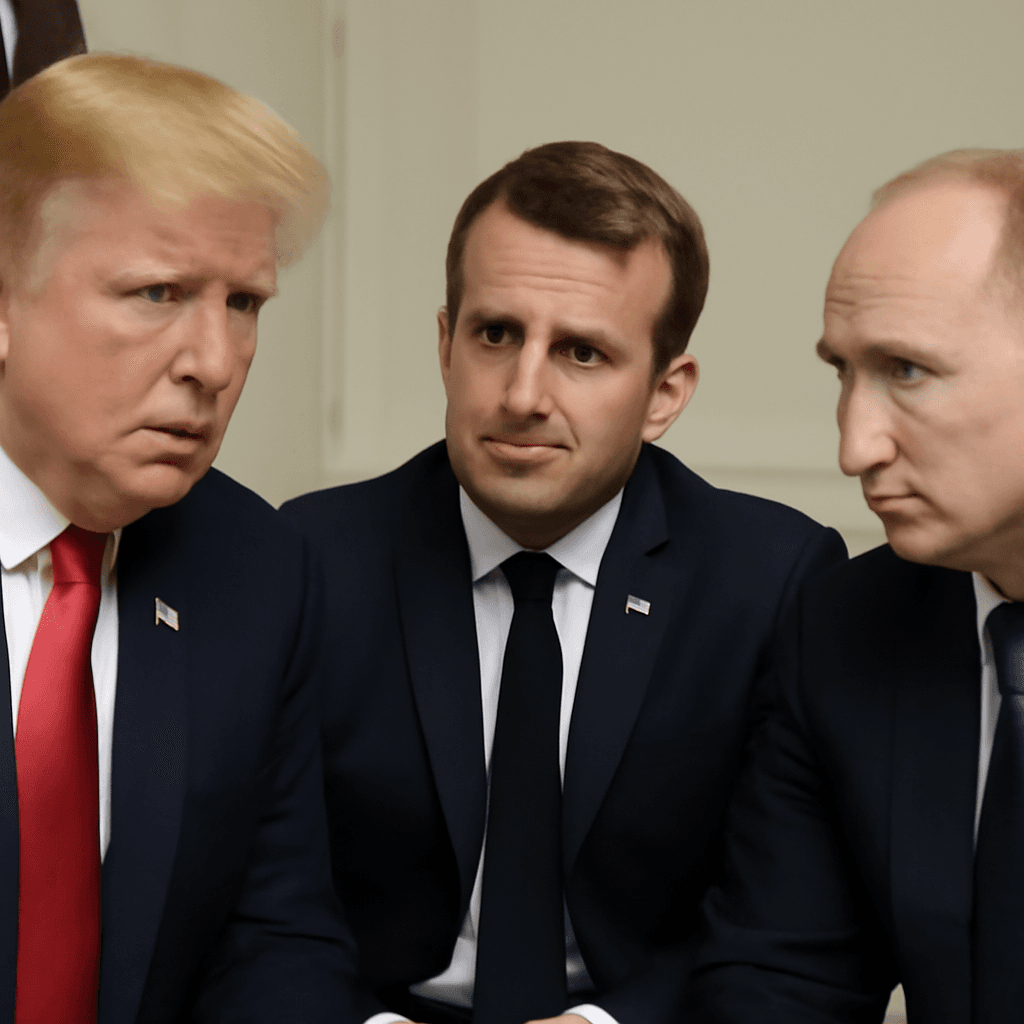Israel Strikes Iran's Nuclear Sites, Escalating Middle East Tensions
In a significant escalation of regional hostilities, Israel launched preemptive strikes targeting Iran's nuclear facility and key military sites. The attack prompted Israel to declare a state of emergency, with officials preparing for potential retaliation from Tehran.
Explosions Rattle Tehran as Iran’s Air Defenses Mobilize
Early Friday morning, multiple explosions echoed across Tehran, signaling a striking blow to Iran’s strategic assets. State media confirmed that the nation's air defense systems were operating at full capacity in response to the assault. The surprise attacks coincided with growing anxieties over Iran’s nuclear ambitions and mounting geopolitical friction across the region.
Prepared for Retaliation: Israel’s Defense Response
Israel’s Defense Minister warned of imminent missile and drone counterattacks targeting Israel and its civilian population. Officials voiced concerns about the volatile situation, underscoring that the preemptive strikes aimed to neutralize a perceived looming threat before it could materialize into an open conflict.
Rising Oil Prices Reflect Global Unease
Markets reacted swiftly as oil prices surged by up to 6 percent in the immediate aftermath of the attacks. The spike underscores the broader economic repercussions stemming from renewed tensions in the Middle East, a region critical to the global energy supply chain.
US President Signals Possible Conflict While Seeking Diplomacy
In parallel developments, the U.S. President cautioned about a potential "massive conflict" while revealing a strategic downsizing of American personnel in the region. He suggested a tentative diplomatic window remains open regarding Iran's nuclear program, though he acknowledged that military actions, like Israel’s strike, could jeopardize negotiations.
Background: Longstanding Regional Hostilities and Nuclear Concerns
Israel regards Iran's nuclear developments as an existential threat, especially following reciprocal hostilities and proxy conflicts across neighboring countries. Following an unprecedented attack by Iran-backed Hamas in October 2023, Israel has adopted a firmer stance against Tehran.
The international community remains divided over Iran's intentions, with multiple accusations about breaches of nuclear agreements. Recent reports by international watchdogs highlight Iran's non-compliance, potentially triggering the reinstatement of UN sanctions lifted under the 2015 nuclear deal.
Tehran Vows Advancement Despite Sanctions
In defiance, Iranian officials announced plans to expand uranium enrichment capabilities with advanced centrifuges at secure locations. Iran currently enriches uranium to around 60 percent purity—significantly higher than the 3.67 percent cap agreed upon, inching closer to the threshold required for nuclear weapons.
Implications and Future Outlook
This latest Israeli operation marks a turning point with unpredictable implications for regional stability. Both sides remain on edge, with military escalation a looming possibility. The international community faces the challenging task of balancing preventive defense measures with diplomatic efforts to avoid a wider conflict in the volatile Middle East landscape.

